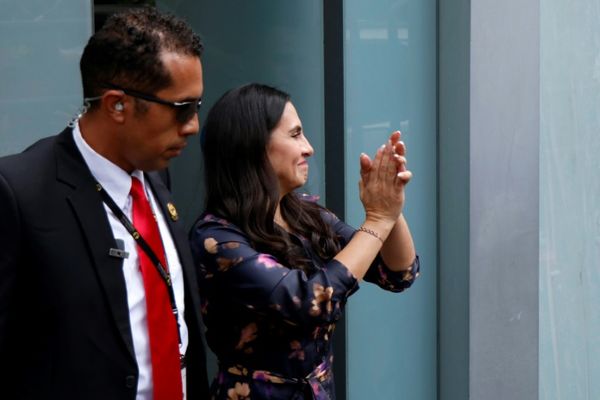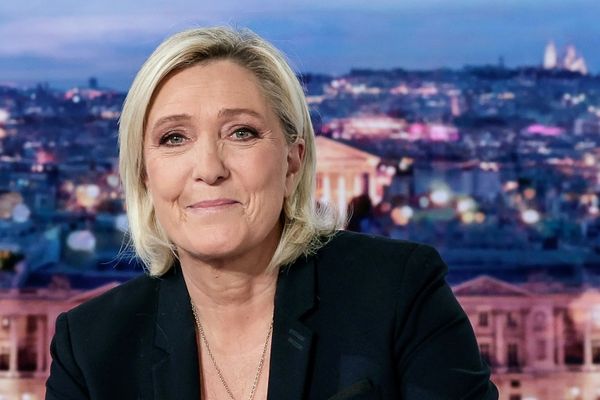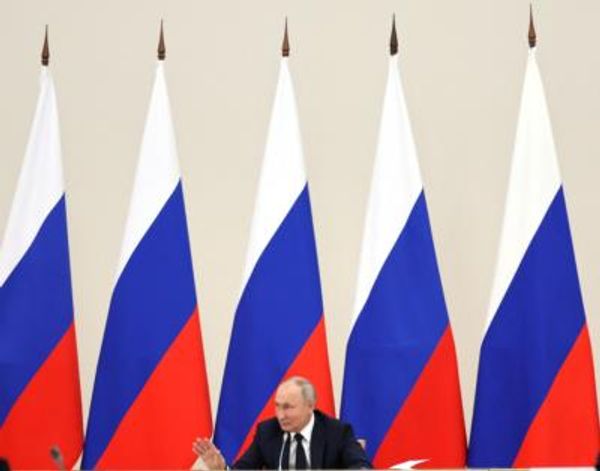
Foreign Affairs Minister Penny Wong will have a particularly delicate diplomatic dance when she visits Timor-Leste today.
Emboldened by the Solomon Islands “success” in playing Australia off against China, President José Ramos-Horta — elected in April — has raised the prospect of Chinese investment in a proposed landmark onshore gas processing facility for the Greater Sunrise field if Canberra and energy group Woodside do not play ball.
“Timor-Leste would favourably consider partnership with Chinese investors if other development partners refuse to invest in bringing gas via pipeline to Timor-Leste,” he said recently. “Timor-Leste would be on a financial cliff if Greater Sunrise is not operating within the next 10 years. So, very soon, [Timor-Leste’s] leadership has to make decisions … if necessary a trip to China.”
Wong has been similarly shoring up Australia’s relationship with Papua New Guinea ahead of landing in Dili today, telling its leaders that Australia is “seeking the closest possible relationship” with our northern neighbour. China is extremely interested in resource-rich PNG, and Port Moresby has already turned down an offer to develop a naval base and has signalled an intention to build a fishing port. Chinese Foreign Affairs Minister Wang Yi visited the country in June.
And, as ever, the long shadow of Australia’s egregious, government-sanctioned spying on the cabinet of the then nascent Timor-Leste in 2004 — aimed specifically at gaining information on talks about oil and gas reserves at the time underway — hangs over Wong’s visit. The still-unfolding scandal also saw the unseemly prosecution of whistleblower Witness K and his lawyer Bernard Collaery, recently halted by the Albanese government.
Timor-Leste’s elder statesman and revolutionary hero, former president and prime minister Xanana Gusmão, has been particularly critical of the prosecutions. “I already promised to them, if it was not a secret trial, I will go to be their witness,” he said in 2019.
The ambitious Tasi Mane project comes with an $18 billion price tag for the pipeline processing plant, airport and road infrastructure that see gas piped from the Greater Sunrise gas field, developed by Woodside, between the country and Australia to Timor-Leste’s remote southern coasts. The capital, Dili, and second city Bacau are on the north coast.
Tasi Mane, long the personal project of Gusmão, has been on foot in a mainly stop, occasionally start, way for more than a decade. Its cost means that international investment is needed, and Gusmão has previously, but unsuccessfully, pushed the project to Chinese investors.
Its promoters argue that the tiny nation needs the value-adding processing industry to kickstart its economic diversification and to provide jobs and skills to its young people. Critics say the mooted benefits don’t stack up and will continue the country’s resource reliance, one that is potentially problematic as the world tries to wean itself off fossil fuels.
Woodside claims a pipeline across a very deep under-trench to the tiny nation is not viable, preferring to send gas to Darwin — where it currently pumps gas from the Timor Gap.
Still, there seems to be a newfound political consensus in the Timor-Leste semi-presidential system. Previously the multi-party coalition government, led by Prime Minister Taur Matan Ruak — elected separately to the president — and backed by the Parliament’s latest party, Fretilin, has been either opposed to or ambivalent about the project.
That’s changed in the two years since Fretilin replaced Gusmão’s National for Timorese Reconstruction (CNRT) in 2020. Since then Fretilin’s resources minister, Victor Soares, has been appointed and he is backing the project. The head of the National Petroleum and Minerals Authority (ANP), which regulates the nation’s oil and gas projects and previously opposed the Tasi Mane, has also been changed.
But time is very much of the essence for Timor-Leste. Revenues from its existing energy source, Bayu-Undan, have filled the nation’s sovereign wealth Timor-Leste Petroleum Fund with tens of billions of dollars and provide 90% of the nation’s revenues. But they are fast drying up, after which Dili faces the prospect of an economic and societal upheaval.
A lack of infrastructure in the mountainous, developing nation, as well as barriers to entry and a lack of land reform, have hindered the growth of coffee production and tourism — two targeted sectors. In the face of this, more Timorese are working offshore to support their families, leading to a manpower and talent drain.
As it stands, the development of Greater Sunrise is essential. But Swinburne University academic Michael Leach, one of the country’s keenest observers, posits that there could be another way forward.
“The sleeper opportunity here is whether a country like Timor-Leste would be a good case study for a country being paid to not develop its oil and gas resources,” he said. “At some stage, wealthy countries that have been the main contributor to carbon emissions will have to pay other countries not to develop fossil fuel reserves. What better case study than a small country like Timor-Leste with substantial oil and gas fields?”
That’s unlikely to be on Wong’s agenda — at least at this stage — but she is well placed to at least begin healing the wounds between the two countries over energy that Alexander Downer and his spies have inflicted.







